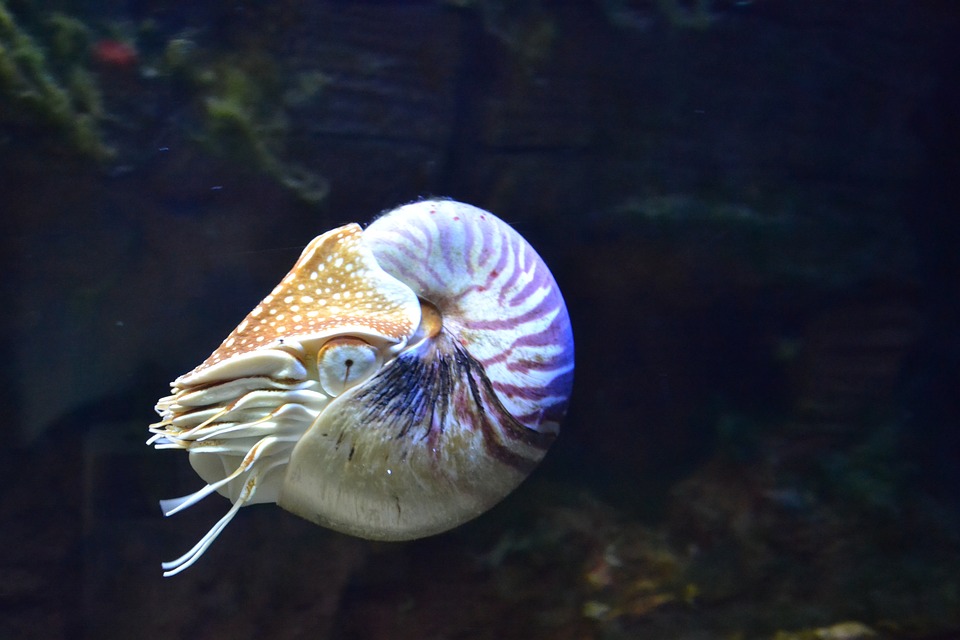Table of Contents
Introduction
Scuba diving is an exhilarating adventure that allows you to explore the mesmerizing underwater world.
However, before you plunge into the depths, it is crucial to ensure you have the right scuba equipment.
Your gear not only keeps you safe but also enhances your diving experience.
This guide will help you choose the appropriate scuba equipment to make your underwater journey unforgettable.
1. Buoyancy Control Device (BCD)
The BCD is one of the essential pieces of scuba equipment.
It allows you to float on the water’s surface, control your buoyancy underwater, and carry your scuba tank.
When choosing a BCD, consider factors such as size, fit, weight integration, and inflation mechanism.
Ensuring a comfortable BCD that fits you well is crucial for your safety and comfort during the dive.
2. Regulators
Regulators are the lifeline of scuba diving, providing you with the crucial air supply underwater.
When selecting regulators, ensure they are reliable, durable, and suitable for the depths you plan to explore.
Look for adjustable regulators that provide ease of breathing and consider additional features like environmental sealing to protect against cold water.
3. Dive Computer
A dive computer is an important piece of equipment that keeps track of your dive parameters, such as depth, time, and nitrogen levels.
It provides valuable information to avoid decompression sickness and allows for safer and longer dives.
Consider factors like display readability, ease of use, battery life, and features like air integration when choosing a dive computer.
4. Wetsuit or Drysuit
The right exposure protection is essential to keep you warm and comfortable during your dive.
Depending on the water temperature, you will need either a wetsuit or a drysuit.
Wetsuits provide insulation by trapping a thin layer of water against your body, which is warmed by your body heat.
Drysuits, on the other hand, keep you dry by sealing out water.
Choose a suit appropriate for your diving conditions and ensure a proper fit for maximum comfort.
5. Mask, Snorkel, and Fins
A well-fitting mask is crucial for a clear vision while underwater.
Look for a mask with a comfortable, leak-free fit and a wide field of view.
A snorkel allows you to breathe while floating at the surface without wasting air from your tank.
Fins provide propulsion and maneuverability underwater.
When choosing fins, consider factors such as flexibility, size, and comfort.
FAQs
1. How often should I service my scuba equipment?
It is recommended to service your scuba equipment annually or as specified by the manufacturer.
Regular servicing ensures optimal functionality and safety.
2. Can I rent scuba equipment instead of buying it?
Yes, many dive centers and resorts offer rental equipment.
However, owning your gear provides familiarity and allows you to choose equipment that suits your needs and preferences.
3. What should I consider when selecting a dive mask?
When selecting a dive mask, consider factors such as fit, comfort, field of view, and lens type (single or double).
Trying on different masks and ensuring a proper fit is crucial for an enjoyable dive experience.
4. Can I use a wetsuit in colder water?
While wetsuits provide some insulation, they are not suitable for extremely cold water.
In colder conditions, a drysuit with proper thermal undergarments is recommended to stay warm and prevent hypothermia.
5. How should I care for my scuba equipment?
Rinsing your equipment with fresh water after each dive and storing it in a cool, dry place helps extend its lifespan.
Avoid exposing it to direct sunlight or harsh chemicals.
Regularly inspecting and servicing your gear is also important for maintaining its performance.




